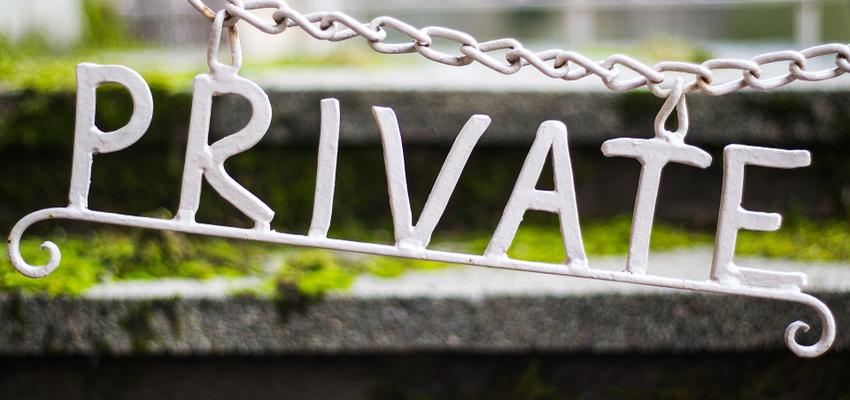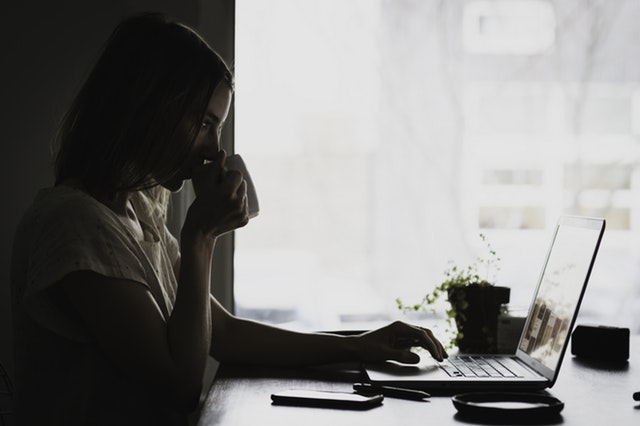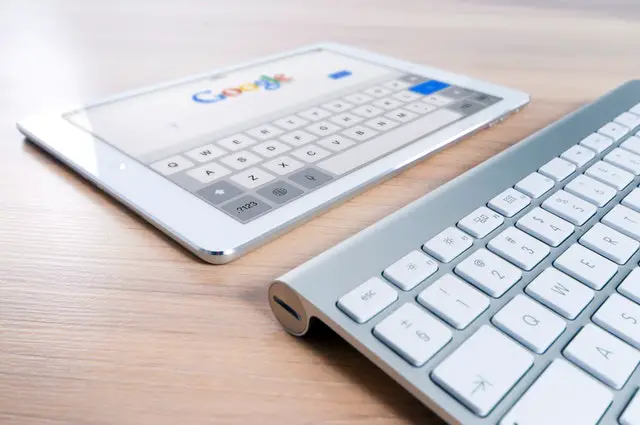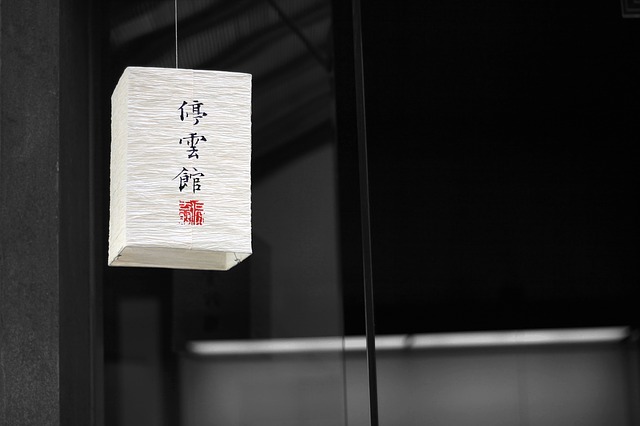
Do I Need a VPN at Home?
Posted June 18, 2018, 6:52 a.m. by JonathanIn the early days of the internet, Virtual Private Networks, or VPNs, were only used by corporations and services which needed secure connections between their main computing center and remote offices or employees to protect their data from any threat of hacking.
Today, with the vast number of personal internet users, and the increasing threats to privacy, individuals are now asking:
'Do I need a VPN at home?'
In this article, we intend to answer that question for you.
What is a VPN?
A VPN is software or a service which provides a safe, secure and anonymous connection to the internet.
When you use a VPN, it effectively creates a tunnel around your online activities which shields it from prying eyes.
The prying eyes we are talking about is a mixture of both legitimate services such as your internet service provider (ISP), and not so legitimate, like hackers and data thieves.
VPN services are plentiful, but they are not all created equal, and they certainly do not all provide the same levels of protection or security.
Some VPNs are free, and while many of these are perfectly fine to use, if you want the best levels of privacy and service then a paid VPN service with plenty of positive reviews is what you want to look out for.
How a VPN at Home Protects You
The main way in which a VPN shields you when you are online, is to allocate you a different IP address from the real one you usually have via your ISP.
An IP address is a series of digits that identify you when you are on the internet, in much the same way your home address identifies you in the offline world.
By using a different IP address when you go online, you are effectively using the internet anonymously which is one of the primary reasons for having a VPN at home.
One of the factors in the protection your VPN provides is the type of encryption it uses. Basic and many free VPNs use a feature called 'Point-To-Point Protocol,' or PTTP.
It does provide a reasonable level of protection, but it is not infallible.
Paid services use much more robust protocols that are based on 256-bit data protection. These protocols encrypt all your data into number strings with no fewer than 78 digits, effectively making it impossible to decipher.

Practical Uses of Using a VPN at Home
Apart from having the reassurance and peace of mind that your data is secure when you connect to the internet using a VPN at home, there are other reasons why you might want to hide your identity and your location.
Some are obvious, others are not so apparent, but each of them is reason enough for the millions of people who already use a VPN at home.
1. Use P2P File Sharing Anonymously
Let's be honest; we've all shared files at some point, but we should be aware it is frowned upon and in many cases illegal.
However, if you wish to share or download files via a P2P platform, using a VPN will mask your IP address so nobody can identify it is you doing the sharing.

2. Stop Websites from Logging Your Activity
Search engines such as Google and Bing are the prime examples of this, where they log searches that you make, even if you are not logged in.
You can use these search engines, and any other website anonymously if you connect via a VPN before you start browsing.
3. Stay Secure on Public Networks
Public Wi-Fi networks are convenient and often a lifeline if you have run out of data allowance on your smartphone or struggling to pick up a signal.
The downside is that many of them are open and require no password. This means anyone can access them and this includes those with less than legitimate intentions.
If you have a VPN at home, you can extend the service to your mobile devices too, and ensure that even when not at home, you can use the internet securely.
4. Prevent Your ISP from Throttling Your Broadband
If you are someone who streams movies, downloads lots of videos and generally uses up a ton of bandwidth, your ISP can see it all.
The way they deal with this is to 'throttle' your internet connection, so it starts to run slow to the point where you can no longer watch movies, and it takes an age to download anything.
When you call them in exasperation, they'll explain that moving to a higher-priced package is the only way you can regain the speed and data levels that you previously enjoyed.
In other words, they get more money out of you.
The solution is to use a VPN, so that when you connect, although your ISP might see the amount of data you are using because your IP address is masked, they cannot tell it is you, and never will.

5. Access Country Locked Content
Lots of websites and services are only available to those who live in that country. This includes movie streaming sites, sports websites, news sites, and many others.
By using a VPN, you can select an IP address from the country these websites are locked to, and thus be able to access and see the content.
Conclusion
So, in a nutshell, and without a doubt:
Yes, you do need a VPN at home.
If you worry about the VPN cost, you should think about it as a small investment to get the privacy you deserve. We have curated a list of the best VPNs to use in 2018 that are sure to be worth your money.
